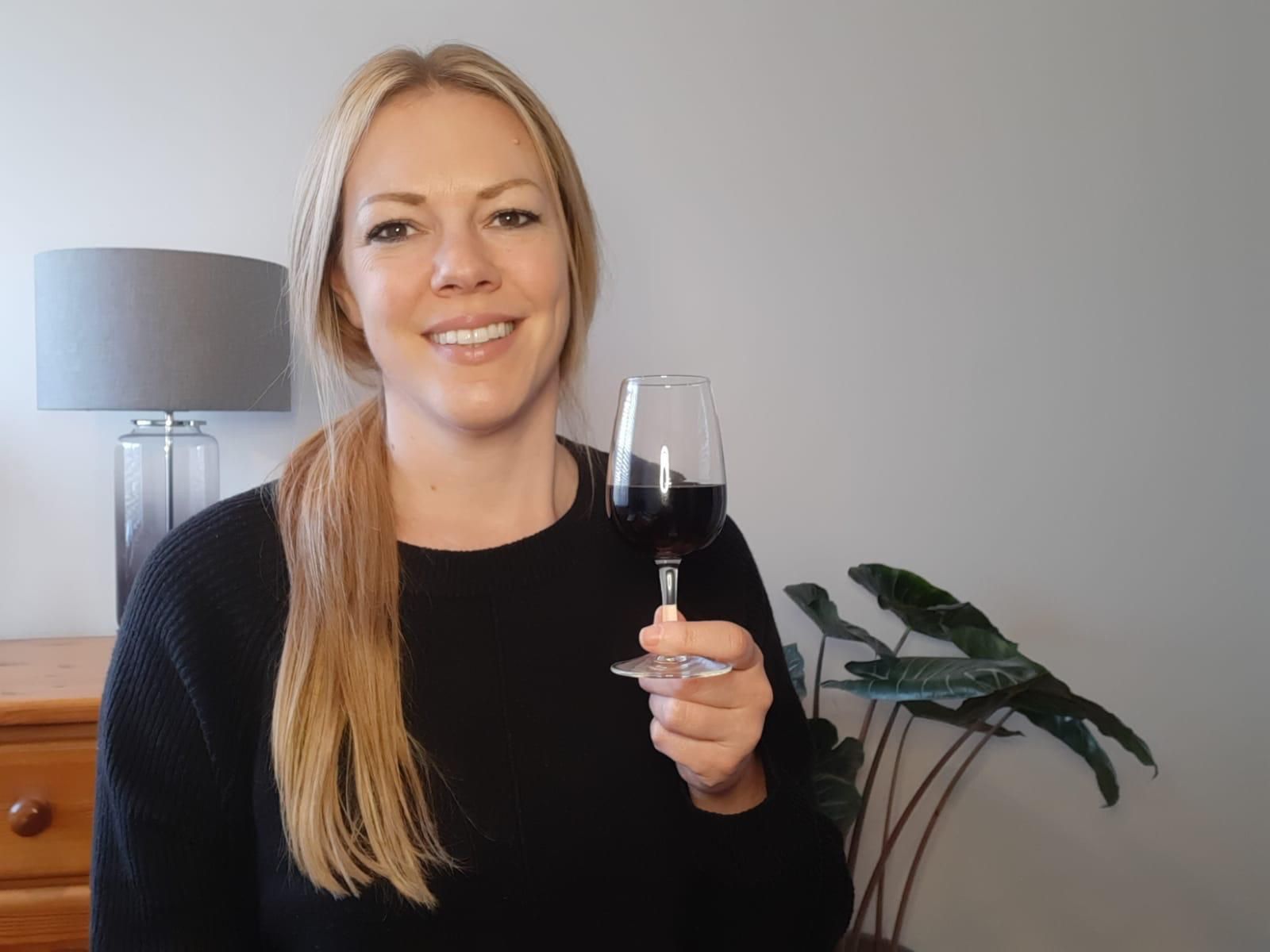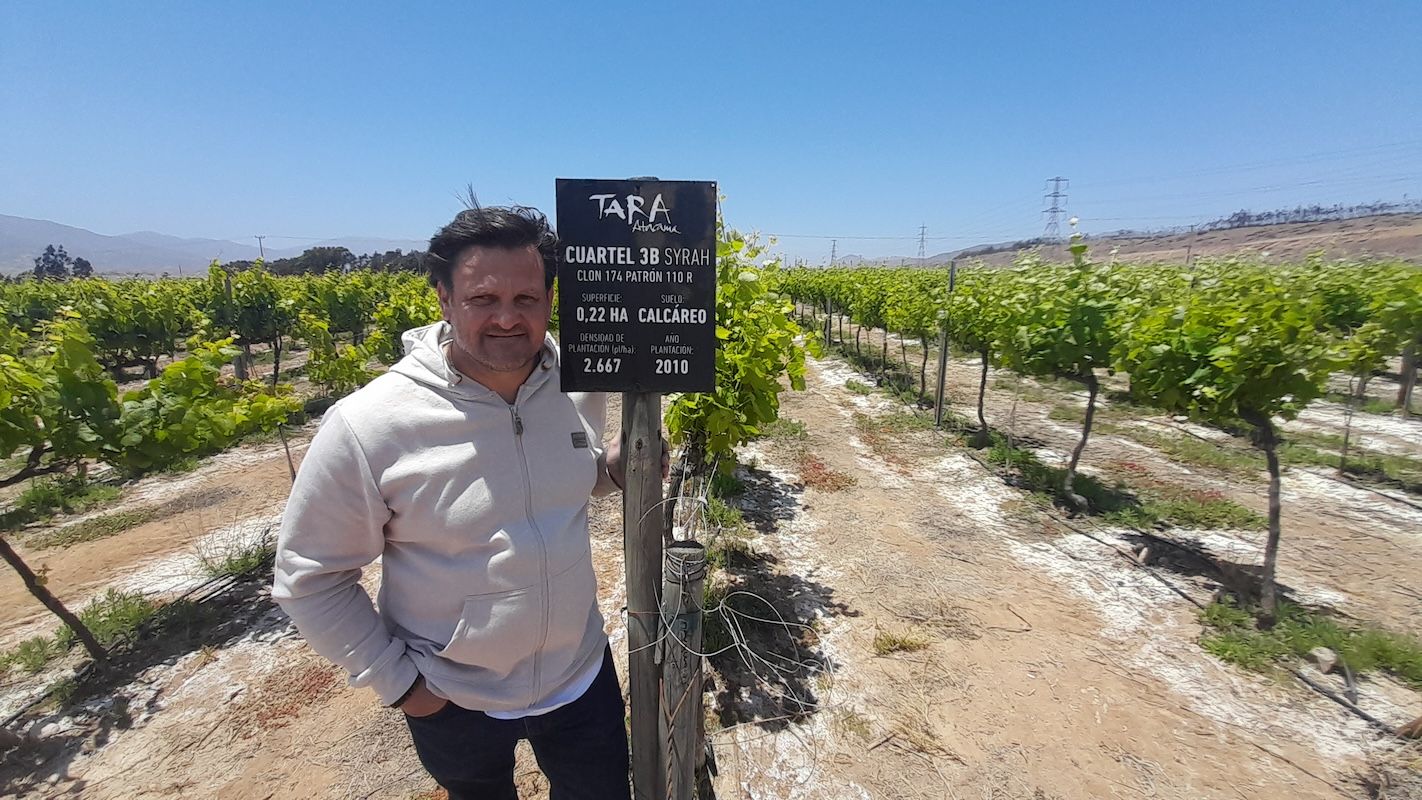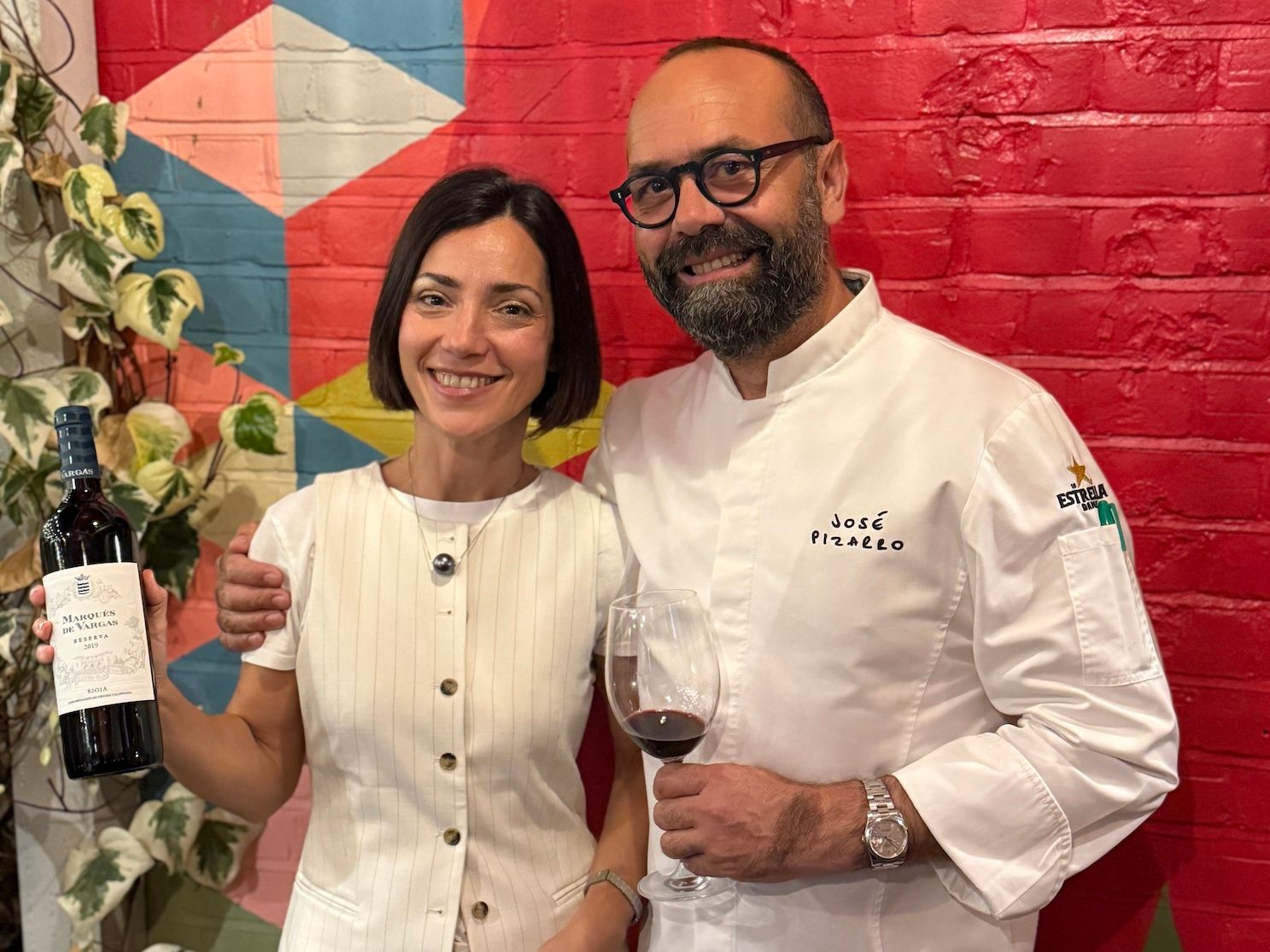“Members of staff generally have the same gaps in their knowledge as consumers.” Which is what Camilla Armour hopes to fill with the bespoke wine training that Corney & Barrow can offer.
Training is typically something that businesses often ditch when the trading environment becomes challenging, all too often being regarded as an expensive overhead rather than a worthwhile investment that will pay off in the long term.
That is not the experience, or strategy at Corney & Barrow, stresses wine education trainer, Camilla Armour. “On the contrary,” she says. “I don’t think I have ever been so busy.”
Despite the unprecedented pressures facing businesses, and the looming energy crisis, she reports her on-trade clients across the country, including the likes of Drake & Morgan bars, Cotswolds-based Farncombe Estate and the Lussman’s chain of restaurants, remain committed to the training and development of their staff.
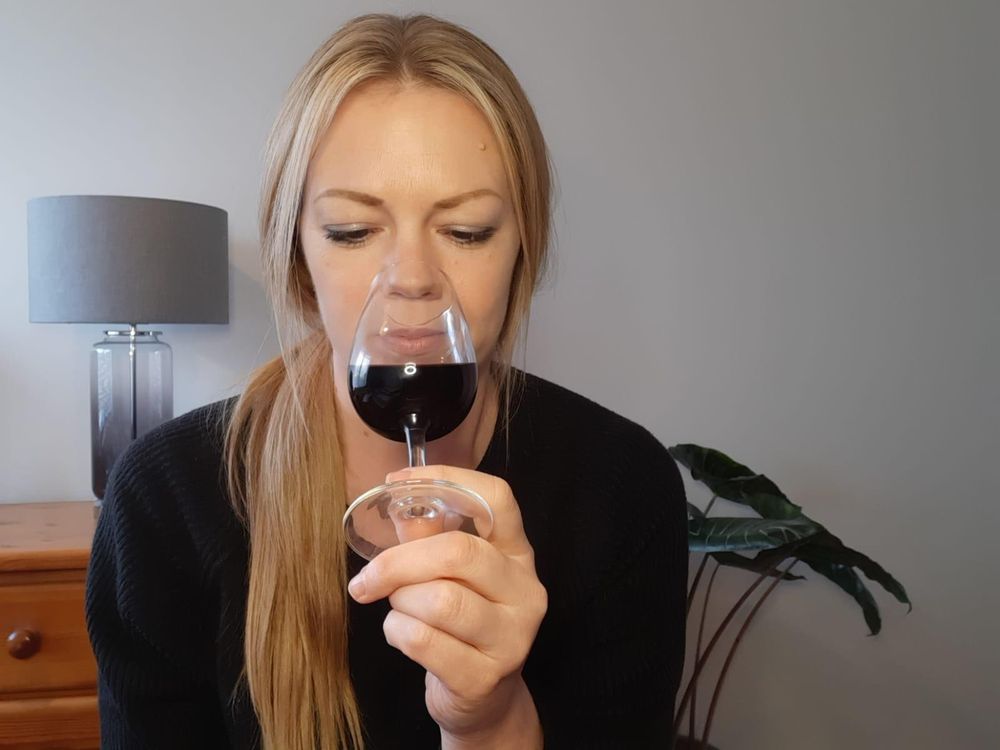
Camilla Armour says Corney & Barrow is committed to providing the wine training support that on-trade operators need
She claims that post- Brexit and during the Covid lockdown people left the hospitality industry in droves, rendering many operators struggling to fill vacancies. Restaurateurs are now being forced to take on staff with little, if any experience of the sector, meaning the need for training has become more important than ever.
“There are so many new people in the industry that a lot of our customers are now asking for training, recognising they don’t have the capacity to do it themselves. Between Brexit and the pandemic, a lot of people have left and haven’t returned. Not only do businesses have lots of new staff without the relevant knowledge, there is also a lack of supervisors who would otherwise be able to undertake in-house training. Customers are therefore turning to us as an advisor.”
Passion for wine
Armour has spent most of her career in the wine industry. While following a philosophy degree she took on a part time job at Victoria Wine. After graduating, she started in a sales role at Direct Wines where she worked with private clients, before moving onto similar positions at Matthew Clark and Adnams.
It was after being made redundant from the latter that the Corney & Barrow role arose, a position she describes as “the perfect job” for her.
“I didn’t necessarily want to go back into sales. One of the most satisfying and enjoyable aspects of my previous jobs beyond the selling, was enabling our clients to successfully sell wine to their customers by empowering and educating them, which is something I have always been really interested in,” she says. “It’s one thing to get a wine listed, but what I really enjoyed was working with our clients and their staff to give them the knowledge to be able to have a conversation about the wine and successfully sell to their customers.”
Having staff who possess the ability to confidently relay that to customers not only benefits the company’s bottom line in terms of increased sales, but also helps with staff retention.
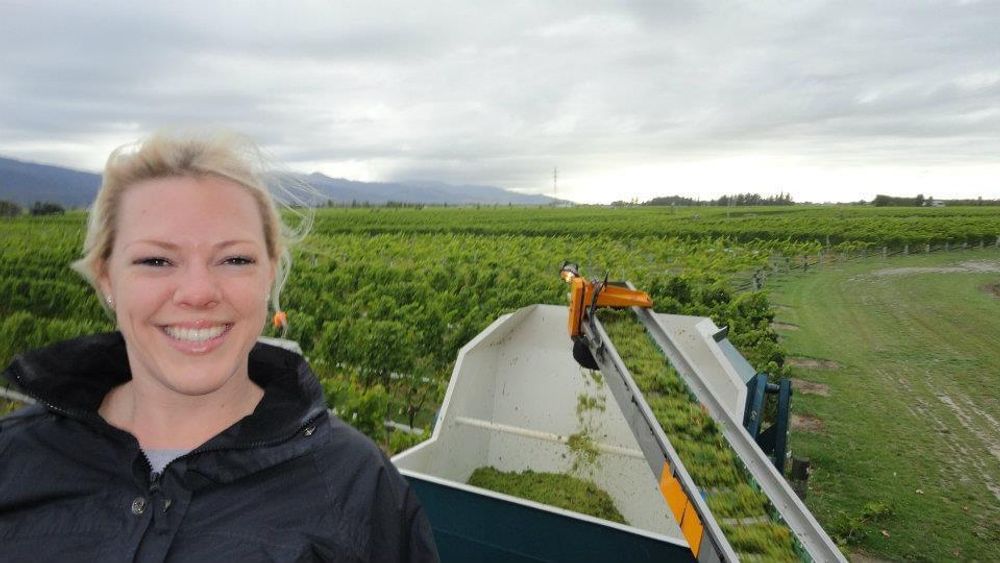
Camilla Armour has enjoyed a number of different roles in the wine industry
“When I started out at Victoria Wine, I knew nothing about wine, and shied away from talking to customers as I simply didn’t have the confidence. As I learned more my confidence grew, and I started to build up relationships with our customers. I felt able able to advise them, which meant I enjoyed my job more,” explains Armour.
If a member of staff feels fulfilled and valued in their role it means they are far more likely to remain in their post for longer. “Staffing in hospitality is often of a transient nature, but people are far less likely to job-hop if you invest in them for the long term,” Armour confirms. “I believe it is a false economy to cut back on training, as that is a very short-sighted attitude to take.”
Teamwork
She now works closely with the Corney & Barrow team who sell to the on-trade, helping clients to improve their staff’s wine knowledge. As well as working with clients, she is also responsible for some internal training and delivering WSET courses.
One of the most common problems she sees is not so much staff making mistakes, as not doing anything at all. “Rather than going confidently to a table and making a wine recommendation which would pair well with the food choices, they don’t put themselves forward in the same way.”
This represents a missed opportunity for both the business, in terms of a lost sale, and for the individual member of staff who would benefit from some training.
“Lots of people don’t drink wine themselves, so it’s all about building up their confidence. You don’t have to pretend that you know more than you do, but even to be able to say that these are the two best-sellers on our list and be able to briefly describe them makes such a difference.”
Just tasting the wines gives staff “90% more knowledge” than their customers, she says, who in typical British fashion would much prefer to remain quiet than face the sheer ignominy of asking questions and revealing their ignorance.
“There is so much smoke and mirrors in the wine world, and people are terrified of looking stupid so. If you can empower your staff and give them the knowledge and confidence to speak to customers, that is a huge step in the right direction. If your customers already have a lot of wine knowledge they possibly don’t need your help – the ones who really need advice are those lacking in that knowledge.”
Key skills
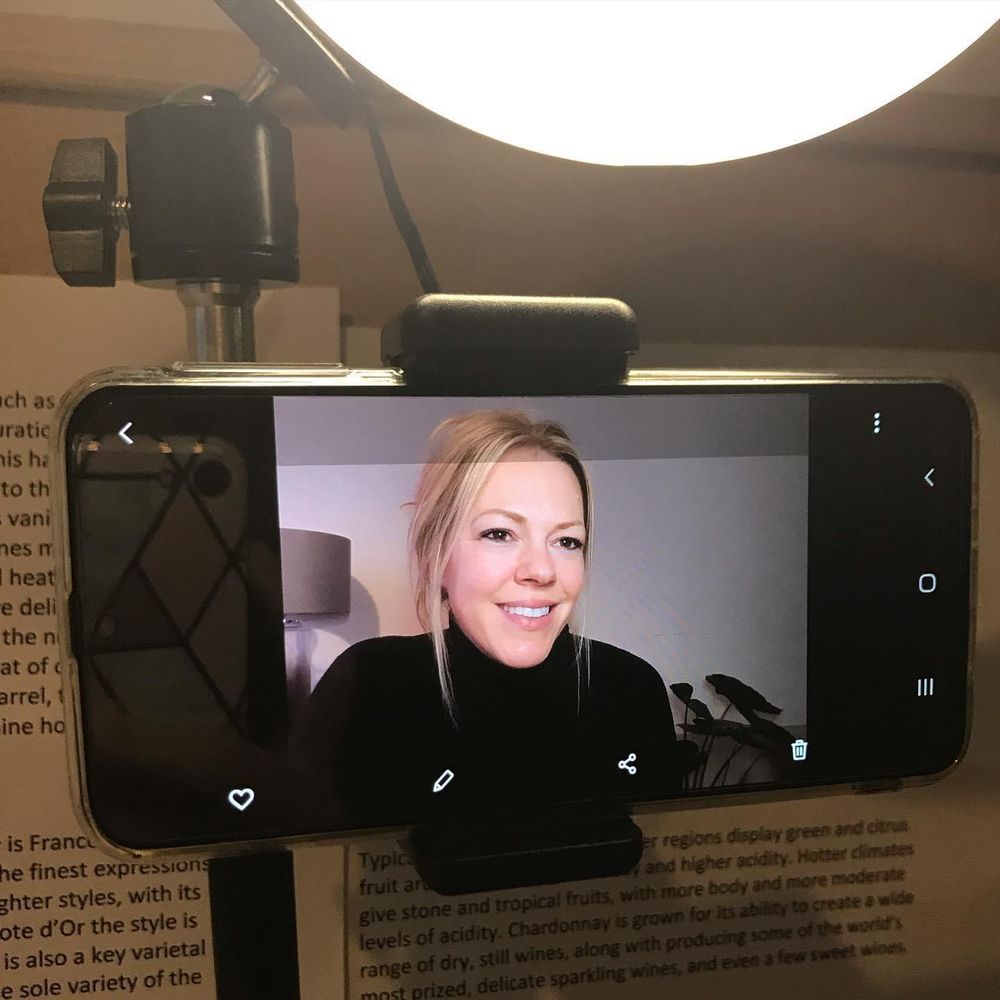
Camilla Armour says Corney & Barrow has worked hard to adapt its wine training to suit the needs of its customers
While the level of training required varies from client to client, Armour says the majority of the courses she delivers are at entry level. She starts from the most basic principles, such as wine being made from fermented grape juice.
“Members of staff generally have the same gaps in their knowledge as consumers. It may be as simple as talking about how the wine tastes. I tend to go down the route of style description – for example, is the wine smooth or fruity?. There’s nothing wrong with more detailed flavour and aroma descriptors, but it can all too easily lead to confusion. For example, if I say this wine has aromas of honey, sometimes people on my courses ask when the honey is put in the wine. It’s not necessarily a silly question.”
Often clients hope to cram too much into individual training sessions. Armour advises against trying to cover too much ground at once, as people’s ability to retain information can be limited. “I can understand wanting to get the whole team in for two or three hours to cover as much as possible, but I recommend holding smaller, shorter sessions on a more frequent basis. If I hold a session on a Monday, by Tuesday half of it will probably be forgotten. Little and often is definitely the best approach.”
“The most successful training programmes,” says Armour, “are those which don’t end when she leaves the client’s premises, but where someone in the business takes ownership of training and continues with the programme in-house. I am happy to visit clients as often as I can, but resources are finite. Ideally, clients will continue to deliver the training when I’m not there. If a customer has 15 different venues, it is far more efficient for me to deliver the training to five people, then pass on that knowledge to the rest of the team.”
Hospitality focused training
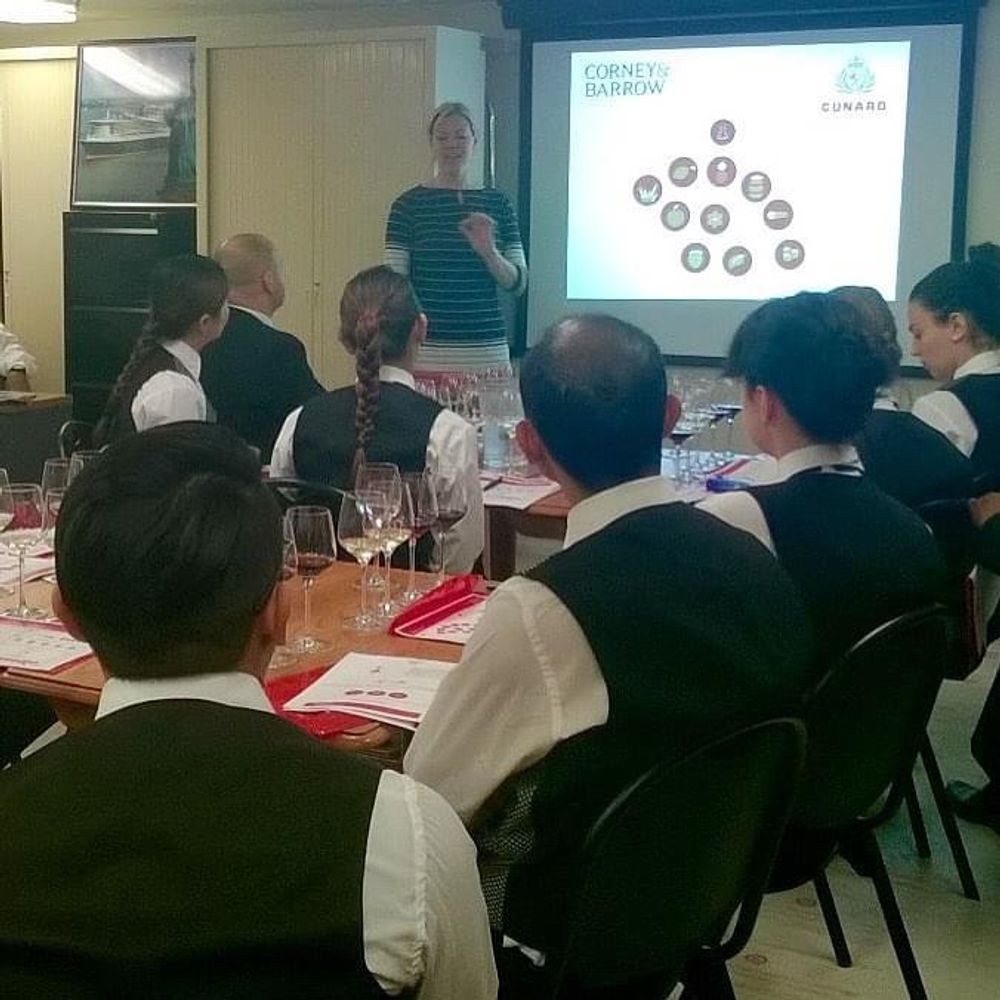
Camilla Armour says Corney & Barrow has developed its own bespoke training courses that help give on-trade staff the confidence they need to sell wine in their venues
The training courses that Corney & Barrow offer to its on-trade clients – do not directly follow the WSET levels one and two but Armour says there are inevitably some parallels between them. The key difference is that the bespoke courses delivered by Armour are much more on-trade specific. Academic content of the WSET is taken and translated into more practical applications.
“The WSET offer some amazing courses, and there is some synergy with the training we provide, and inevitably some cross-over. Our focus however, is very much on how to apply those learnings to the on-trade in a practical way,” confirms Armour. “In the WSET course there is a generic section on food and wine. While theirs course is obviously not specific to any particular wine, we are much more product-focused, using six to eight wines on the client’s wine list. We taste the wines and aim to build up an understanding of how they fit in with their menu.”
These more bespoke courses also aim to demystify the wine world by busting some of the jargon that the wine industry likes to blithely bandy around. “The way we talk in the wine world is different to how we speak to consumers,” says Armour.
“Discussing things such as acidity or tannins can be confusing, so we look at ways to help our clients convey that information to their customers in a more consumer-friendly way. Many customers will, for example, ask for a red wine, but not too dry. If we take that literally, it leaves us with very few options. What they actually mean by drier is less tannin.”
In the same vein, Armour advises against describing a wine as being acidic, as that can sometimes be confusing for consumers, and even worse, off-putting.
“We need to find ways of translating this to the consumer and avoiding more technical terms. Better to say the wine is crisp, or zesty, or it’s a lovely sunny afternoon, I recommend this really refreshing wine,” she explains.
As the sector prepares itself for some tough months ahead, Armour says she is looking forward to the challenge of helping her customers and their teams use training and support to make the most of their wine sales.
- Corney & Barrow is a supplier partner to The Buyer. You can find out more about what it can offer the on-trade here.
